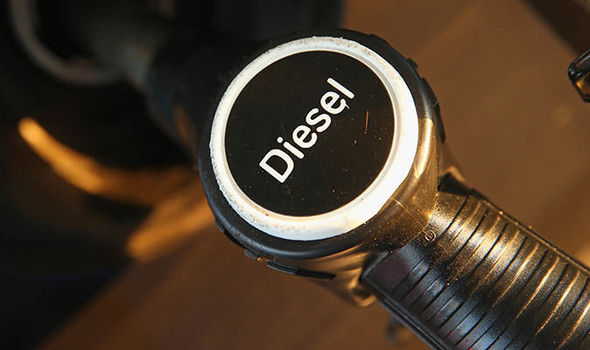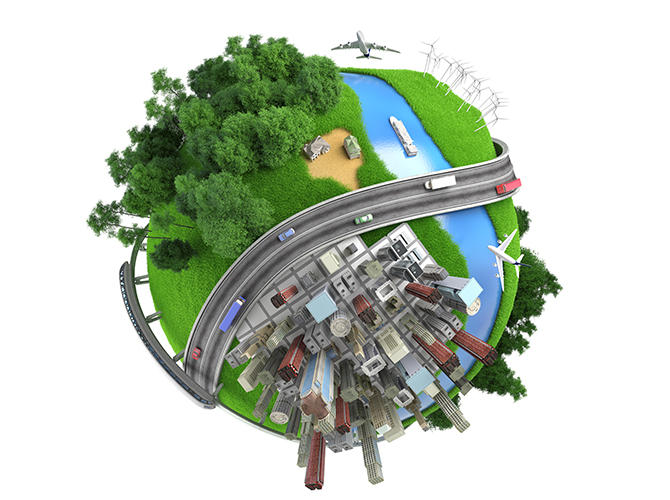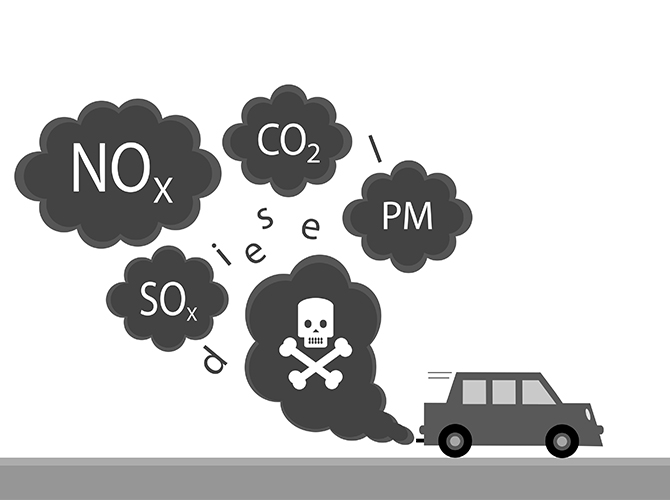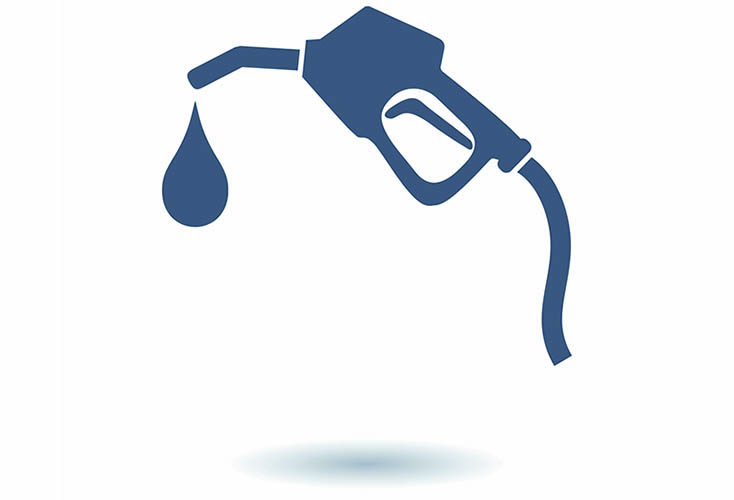Message from Allen Schaeffer, executive director of the Diesel Technology Forum – Diesel won’t lose its place as the dominant fuel for commercial vehicles, even as alternative fuels and powertrain options become more viable.

“Diesel is the gold standard, the technology of choice for more than 97% of all heavy-duty commercial trucks today, thanks to several unique features: power, performance, durability, efficiency – the combination of which has proven unbeatable,” said Schaeffer. “Over the last 15 years, truck and engine makers have worked to virtually eliminate emissions from diesel engines. The transition to ultra-low sulfur diesel fuel coupled with advancements in engine combustion, turbocharging and high-pressure fuel injection, and the addition of advanced emissions controls like selective catalytic reduction (SCR) and particulate filters, has enabled today’s heavy-duty diesel truck engines to achieve near-zero levels of emissions.”
To read more about this article – https://www.trucknews.com/equipment/diesel-to-retain-dominance/1003087305/
[Source: Truck news.com August 2018]
Other stories;











